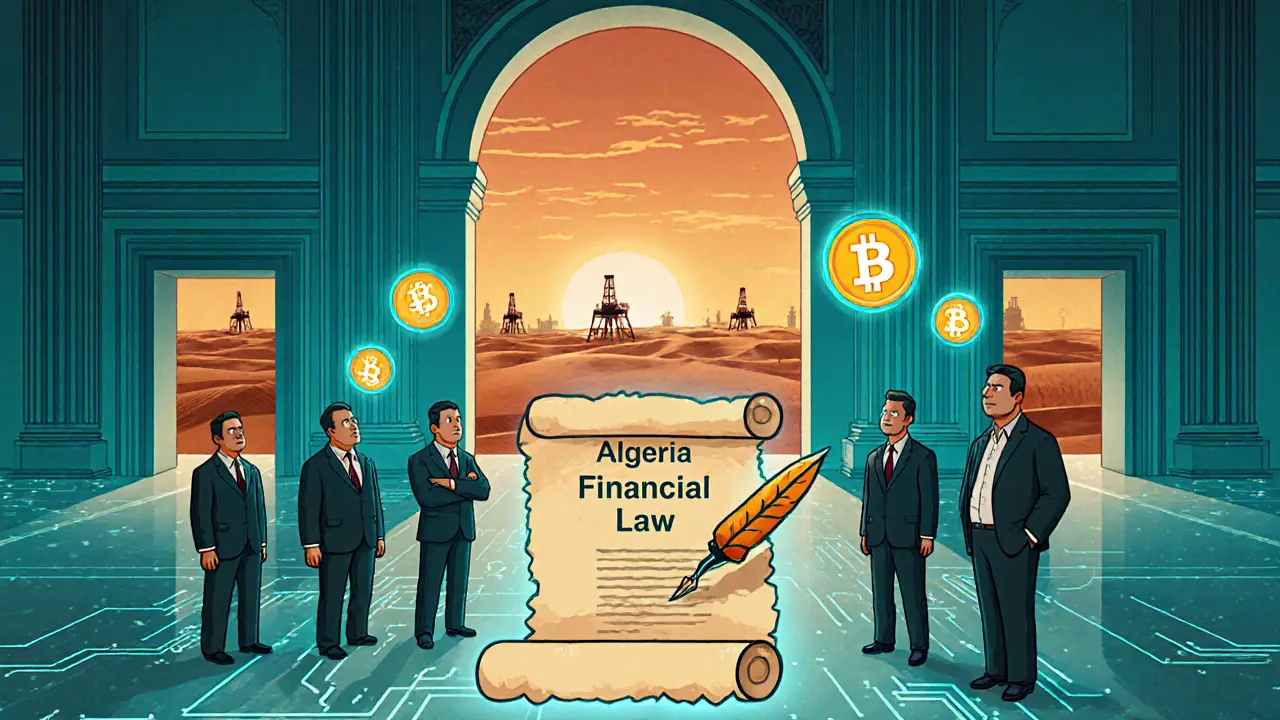Algeria Crypto Ban
When dealing with Algeria Crypto Ban, the official prohibition on buying, selling, or using cryptocurrencies in Algeria. Also known as Algerian crypto restriction, it impacts anyone trying to move digital assets in the country.
The ban Algeria crypto ban isn’t an isolated rule; it lives inside a broader set of Crypto Regulations, laws and policies that dictate how digital assets can be accessed, traded, or held. Those regulations often demand KYC compliance, which pushes exchanges to use Exchange Geofencing, technology that blocks users from restricted regions based on IP or VPN detection. In practice, the Algeria crypto ban restricts access to foreign exchanges, which forces traders to look for workarounds.
Workarounds and Tools
One of the most popular ways to sidestep the ban is through Non‑Custodial Wallets, self‑managed wallets where users hold their private keys and aren’t dependent on a third‑party custodian. Because the wallet itself isn’t a service that can be geo‑blocked, users can receive, store, and send crypto without letting an exchange see their location. This approach enables “self‑sovereign” ownership and reduces the risk of asset seizure.
However, authorities don’t just sit back. They’re increasingly turning to Blockchain Forensics, analysis tools that trace transactions, identify illicit flows, and link addresses to real‑world entities. By monitoring transaction graphs, law enforcement can spot patterns that suggest someone is trying to evade the ban, even when a VPN masks the IP. So while non‑custodial wallets give users control, blockchain forensics can still expose the flow of funds.
Another angle people explore is using decentralized exchanges (DEXs) on layer‑2 networks. DEXs don’t rely on a central server that can enforce geofencing, so they often stay accessible. Yet they come with their own trade‑offs: higher gas fees on some networks, lower liquidity, and the need for a bit more technical know‑how.
In short, the Algeria crypto ban creates a chain reaction: regulators impose strict rules, exchanges deploy geofencing, users gravitate toward self‑custody solutions, and investigators counter with blockchain analytics. Understanding each link helps you decide whether to stay compliant, find a safe workaround, or accept the risks.
Below you’ll find a curated set of articles that dive deeper into each piece of this puzzle—exchange reviews that show how geofencing works, guides on setting up non‑custodial wallets, and insights into how blockchain forensics is reshaping enforcement. Use them as a roadmap to navigate the current landscape and decide what move makes sense for your crypto journey.
Explore how Algeria's 2018 Financial Law morphed into a strict 2025 cryptocurrency ban, the penalties involved, enforcement tactics, and the broader impact on users and the economy.
More